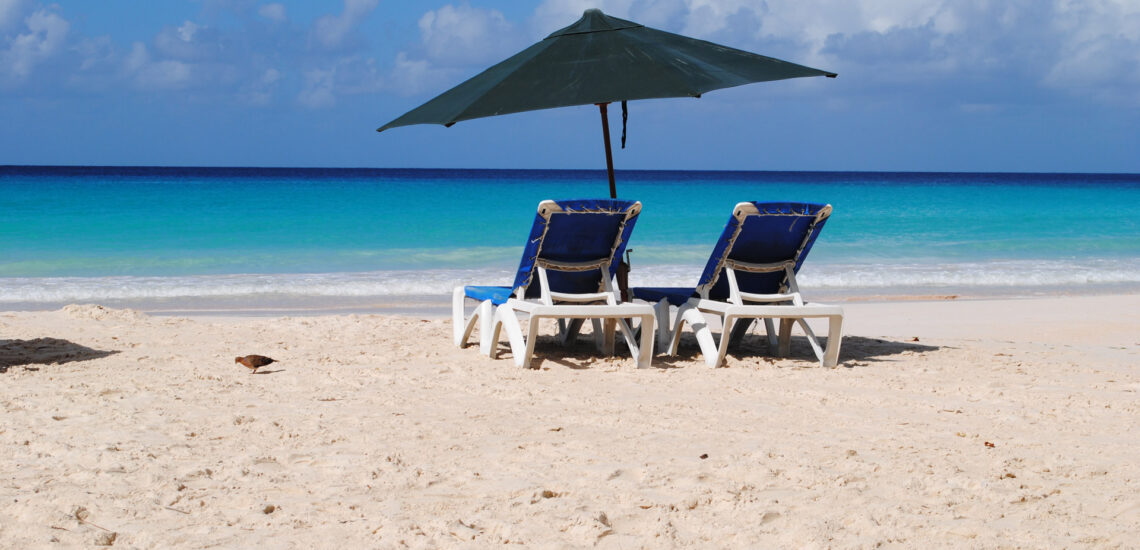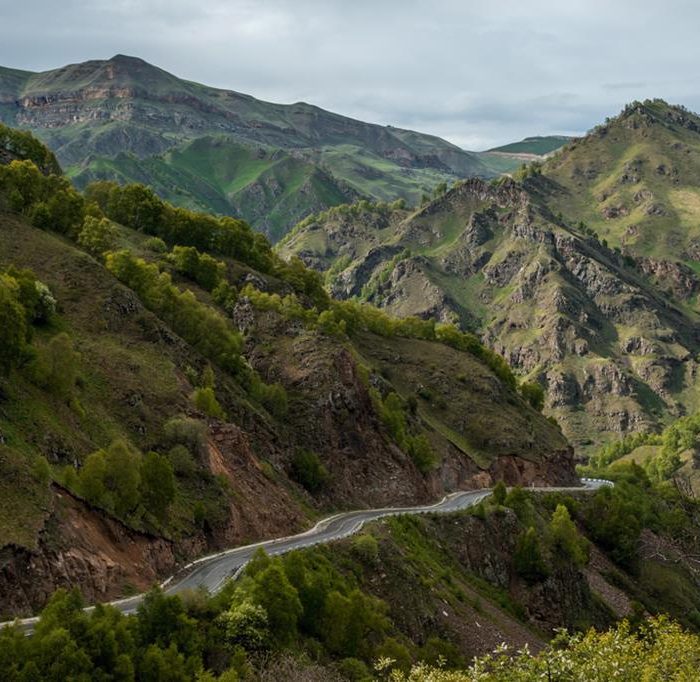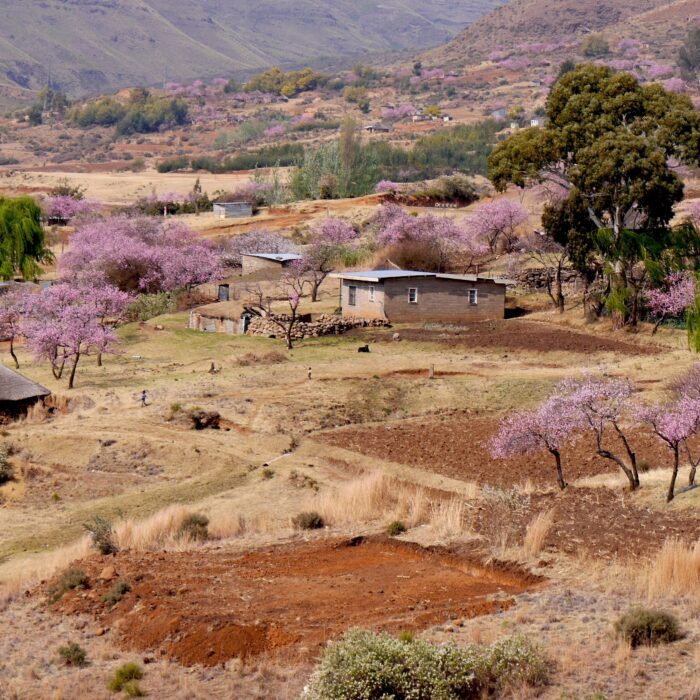Quick facts about Barbados:
- Population: Approximately 281,000 people.
- Capital: Bridgetown.
- Official Language: English.
- Currency: Barbadian dollar (BBD).
- Government: Parliamentary democracy, constitutional monarchy.
- Major Religion: Christianity.
- Geography: Barbados is an island country in the Caribbean with a total area of about 432 square kilometers.
Fact 1: Capital of Barbados UNESCO World Heritage Site
Bridgetown, the capital of Barbados, has been designated as a UNESCO World Heritage Site due to its historical significance and well-preserved colonial architecture. Founded in the 17th century, Bridgetown is one of the oldest cities in the Caribbean and served as an important port for trade and commerce during the colonial era. The city’s architectural ensemble includes impressive examples of British colonial buildings, such as the Parliament Buildings and the historic Garrison area.
Note: If you plan to visit the country, check if you need an International Driver’s License in Barbados to drive.

Fact 2: Barbados has delicious food and gastronomic tourism is also well developed here
Barbados is renowned for its delectable cuisine, blending influences from African, Caribbean, and British culinary traditions. From fresh seafood dishes like flying fish and cou-cou to hearty stews and flavorful jerk meats, Barbadian cuisine is a feast for the senses. The island’s bustling street food scene offers an array of savory treats, including fish cakes, rotis, and cutters, perfect for sampling local flavors on the go. Additionally, Barbados boasts a vibrant restaurant scene, with establishments ranging from beachside shacks to fine dining establishments, showcasing the island’s culinary diversity and creativity. Gastronomic tourism is well-developed in Barbados, with food festivals, culinary tours, and cooking classes providing immersive experiences for visitors eager to explore the island’s gastronomic delights. Whether dining at a local rum shop, savoring a traditional Bajan meal, or indulging in gourmet cuisine.
Fact 3: There are about 80 stunning beaches in such a small country
Despite being just 166 square miles in area, Barbados is blessed with an abundance of approximately 80 breathtaking beaches. From the calm, turquoise waters of the west coast to the rugged, Atlantic-facing shores of the east coast, there’s a beach to suit every preference on the island. Popular beaches like Crane Beach and Bottom Bay offer dramatic cliffs and powdery white sands, perfect for sunbathing and swimming. For water sports enthusiasts, beaches like Silver Sands and Bathsheba provide ideal conditions for surfing, windsurfing, and kiteboarding. With their pristine beauty, crystal-clear waters, and stunning coastal landscapes, Barbados’ diverse array of beaches captivates visitors and locals alike.
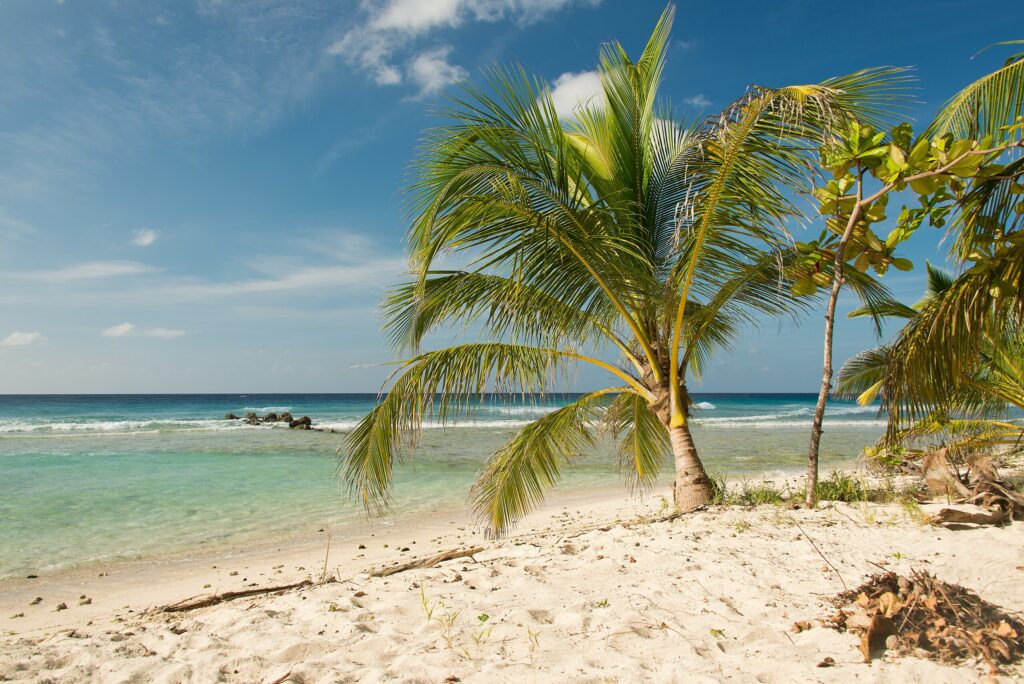
Fact 4: The globally renowned singer Rihanna hails from Barbados
Born Robyn Rihanna Fenty on February 20, 1988, in Saint Michael Parish, Barbados, Rihanna rose to international fame as a singer, songwriter, and actress. With hits like “Umbrella,” “Diamonds,” and “Work,” Rihanna has become one of the best-selling music artists of all time, earning numerous awards and accolades throughout her career. Despite her global success, Rihanna remains closely connected to her Barbadian roots, often incorporating elements of Bajan culture into her music and public persona. As a cultural icon and proud ambassador for Barbados, Rihanna continues to inspire millions worldwide with her talent, charisma, and philanthropy.
Fact 5: The oldest synagogue in the Americas is located in Barbados
The Nidhe Israel Synagogue, located in Bridgetown, Barbados, holds the distinction of being the oldest synagogue in continuous use in the Americas. Constructed in 1654 by Sephardic Jews fleeing persecution in Brazil, the synagogue stands as a testament to Barbados’ rich cultural and religious diversity. The synagogue’s historic mikveh (ritual bath) and cemetery provide insights into the island’s Jewish heritage and its role in shaping Barbadian society. Today, the Nidhe Israel Synagogue and its adjoining museum serve as important landmarks and cultural institutions, preserving the legacy of Barbados’ Jewish community and welcoming visitors from around the world to explore its fascinating history.
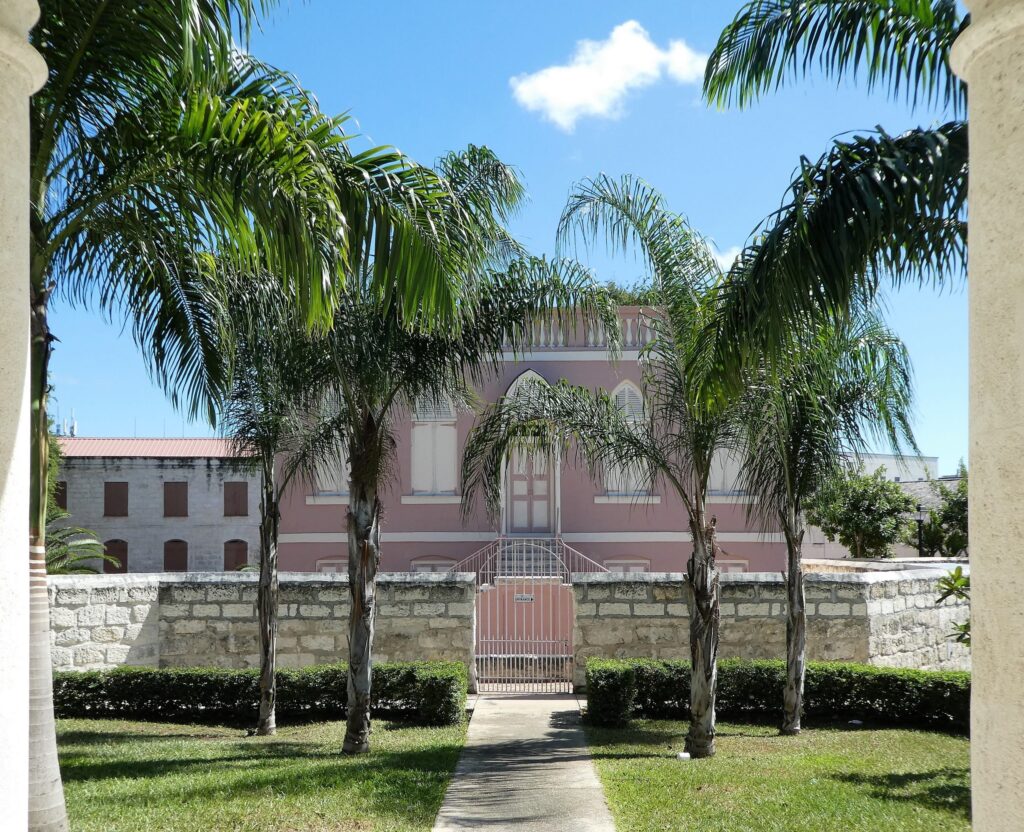
Fact 6: The oldest rum brand from Barbados
Mount Gay Rum, established in 1703, holds the distinction of being the oldest existing rum brand in Barbados and possibly the world. With over three centuries of rum-making expertise, Mount Gay has become synonymous with quality and craftsmanship. The brand’s rich heritage and dedication to traditional production methods have earned it a prestigious reputation among rum enthusiasts worldwide. Visitors to Barbados can tour the Mount Gay Visitor Centre, located in Bridgetown, to learn about the history of rum production on the island and sample a selection of Mount Gay’s finest rums, experiencing firsthand the legacy of this iconic Barbadian brand.
Fact 7: Regular hurricanes in the Caribbean rarely hit Barbados
Barbados, situated to the southeast of the Caribbean’s hurricane belt, experiences fewer direct impacts from hurricanes compared to other islands in the region. Its position outside the primary hurricane path, along with its relatively small size, shields it from the worst effects of these powerful storms. While Barbados may occasionally feel the peripheral effects of passing hurricanes, such as increased rainfall or gusty winds, direct hits are infrequent.
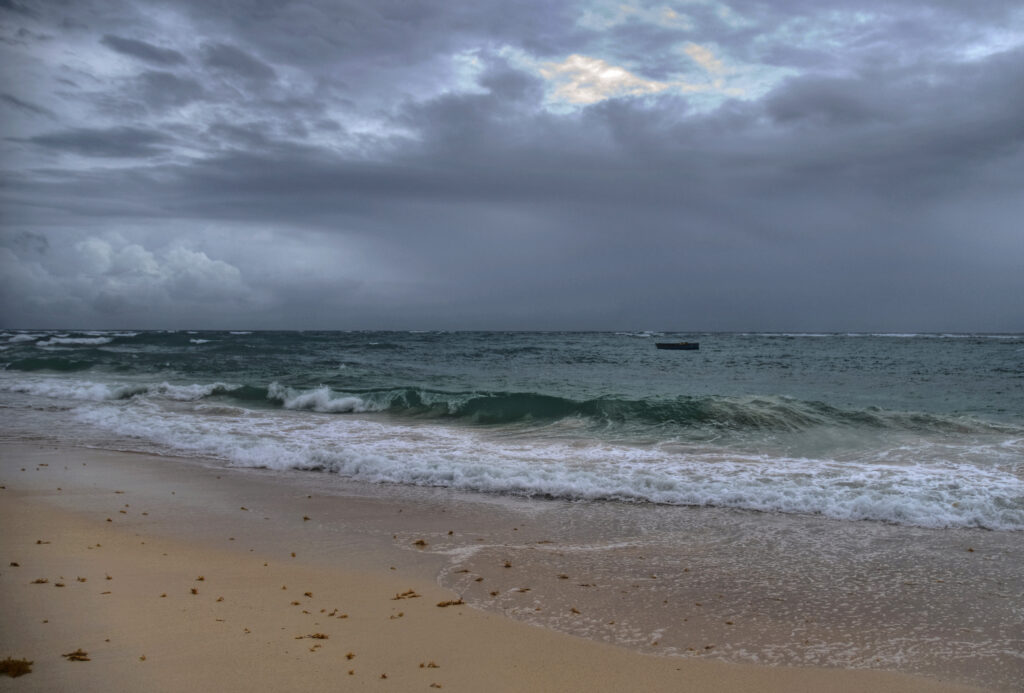
Fact 8: Most islands in the Caribbean are volcanic, but not Barbados
While a significant portion of the Caribbean islands were formed through volcanic activity, Barbados stands out as an exception. Barbados is primarily composed of limestone and coral, resulting from geological processes involving uplift and sedimentation over millions of years. Unlike volcanic islands, which often feature rugged terrain and volcanic peaks, Barbados boasts a relatively flat landscape with gentle rolling hills and stunning coastal cliffs. This unique geological makeup contributes to Barbados’ distinct natural beauty and sets it apart from its volcanic counterparts in the Caribbean.
Fact 9: The most popular version of the origin of the name is in honor of bearded fig trees
The name “Barbados” is believed to have derived from the Portuguese phrase “Os Barbados,” meaning “The Bearded Ones,” which refers to the island’s abundant bearded fig trees (Ficus citrifolia). These distinctive trees, characterized by their hanging aerial roots that resemble beards, were prevalent on the island when Portuguese explorers first arrived in the late 15th century. Over time, the name “Barbados” became associated with the island, eventually becoming its official name. Today, the bearded fig tree remains a symbol of Barbados’ natural beauty and cultural heritage, and its association with the island’s name is widely recognized and celebrated.

Fact 10: Barbados was the first Caribbean island to have a water pipeline system
Barbados holds the distinction of being the first Caribbean island to establish a water pipeline system, marking a significant advancement in infrastructure development. This innovation allowed for the efficient distribution of clean water across the island, providing residents with reliable access to this essential resource. Barbados’ commitment to utility infrastructure has resulted in impressive coverage, with the country achieving 100% availability of utilities, including water and electricity, to its population.

Published April 07, 2024 • 6m to read

